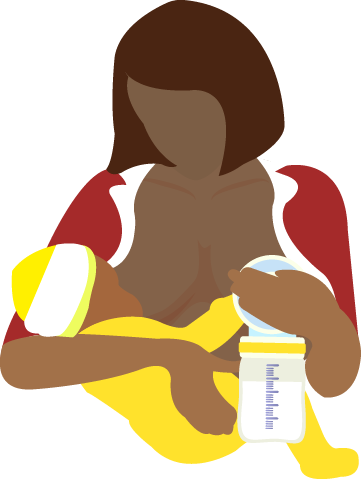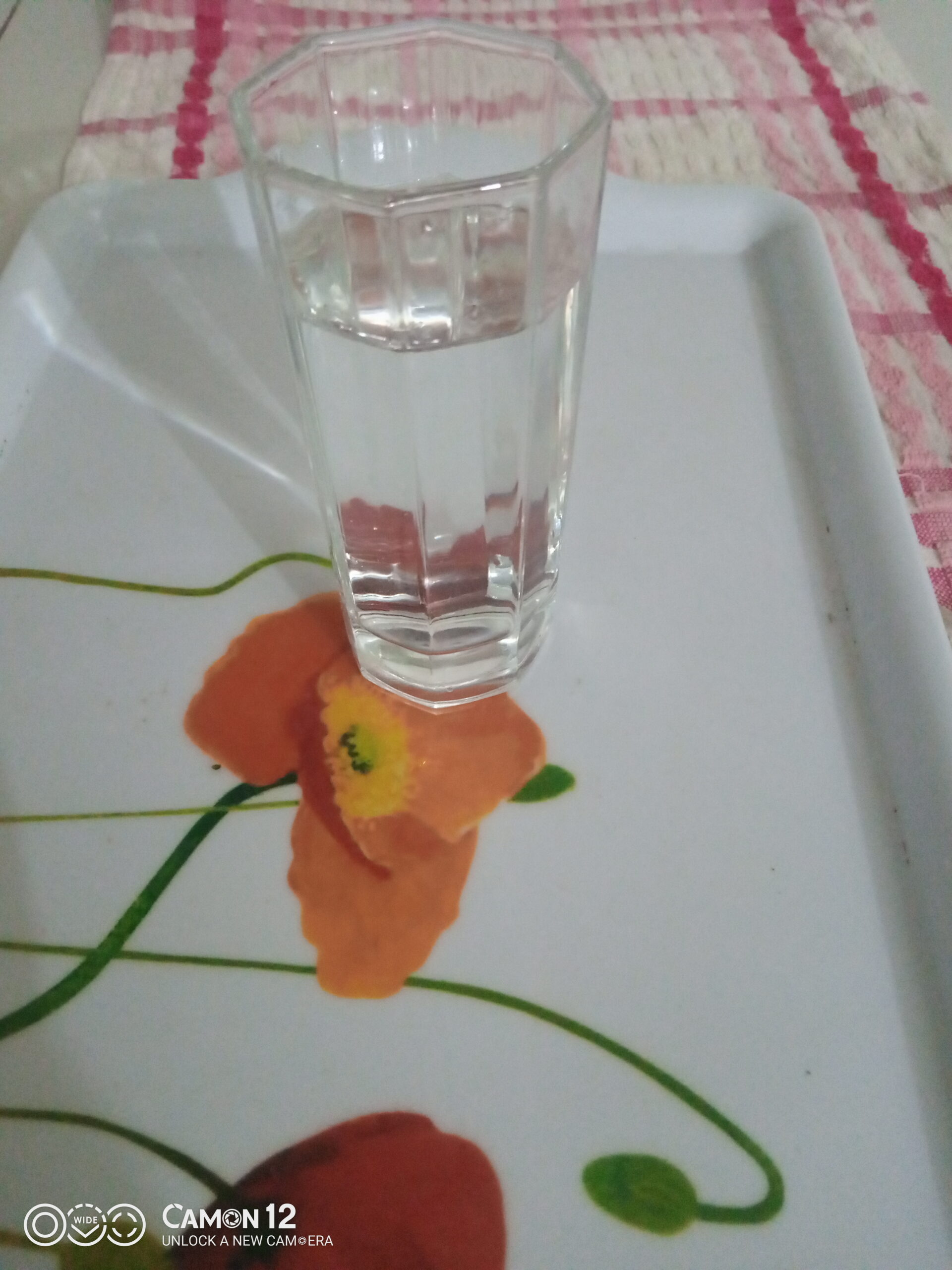Human breast milk is the perfect nutrition source for an infant. It strikes a balance of carbohydrates, protein, fat, water and other nutrients. It’s easily digested and absorbed, and its composition naturally changes as a baby’s developmental needs change.
Mother’s milk is rich in antibodies, it builds a baby’s immune system into a robust defense force, and seems to support establishment of health-supporting bacteria in a baby’s digestive tract. But does what a mother eats or drinks impact the milk she breastfeeds her child?
While nursing babies are unlikely to develop a food allergy from breastfeeding, some foods may not agree with the infant. Some foods that may cause an infant to be fussy during feedings are: spicy foods or gas-producing vegetables such as cabbage and broccoli. If this happens, avoid that particular temporarily and try it again when your baby is a little older.
Keep Hydrated
As a nursing mother, you need about 16 cups per day of water, which can come from food, beverages and drinking water, to compensate for the extra water that is used to make milk. One way to help you get the fluids you need is to drink a large glass of water each time you breastfeed your baby.
Babies typically do not need anything but their mothers’ milk to stay hydrated.
If your infant appears dehydrated due to vomiting or diarrhea that lasts 24 hours or more, consult your baby’s doctor.
What about Caffeine?
A mother who drinks small amounts of caffeine throughout the day is unlikely to affect her nursing newborn’s sleep patterns; however, breastfeeding women should discuss their intake with a health care provider.
Alcohol during Nursing
If you breastfeed, it’s best to abstain from alcohol or discuss it first with a health care provider. If your baby’s breastfeeding behavior is well established, consistent, and predictable, a mother who is of legal drinking age may consume a single alcoholic drink if she then waits four hours or longer before breastfeeding (no earlier than at 3 months of age). Many women have heard that drinking beer increases milk supply, but this is not true.
If you do decide to have that glass of wine or beer, there are some steps you can take to make sure it does not interfere with nursing. To ward off dehydration, be sure to drink a glass of water in addition to the alcoholic drink.
And because it can take a few hours for alcohol to fully clear from your body, preparation and timing of a nursing mother’s drink is key. Time your drink so that your baby won’t be nursing for a few hours afterwards by having it right after a feeding, for example, or during one of your baby’s longer stretches of sleep. Another option would be for you to bottle-feed your baby previously expressed breast milk.
Is Fish OK?
Fish and seafood provide important nutrients. To reduce your exposure to known chemical contaminants such as mercury, avoid eating large bottom-dwelling fish while breastfeeding. Examples of fish to avoid include shark, swordfish, king mackerel, marlin, orange roughy and tilefish. Eight to 12 ounces of a variety of lower mercury fish every week is recommended with a maximum of 6 ounces white (albacore) tuna per week. Check local advisories about eating locally caught fish. If no advice is posted, limit your intake of locally caught fish to 4 ounces per week and consume no other fish during that same week.
Source: https://www.eatright.org/health/pregnancy/breast-feeding/nursing-your-baby-what-you-eat-and-drink-matters#:~:text=Keep%20Hydrated,time%20you%20breastfeed%20your%20baby.




